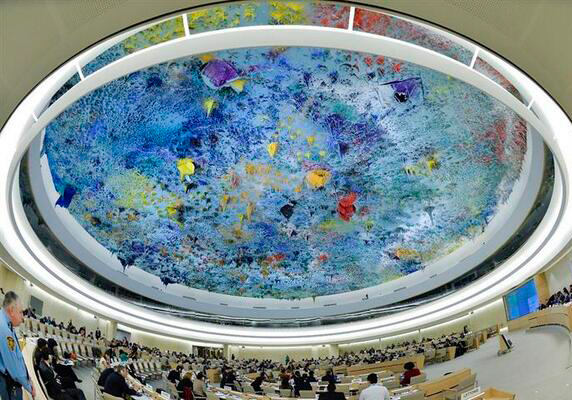
Jun 23, 2014 | Advocacy, Non-legal submissions
The ICJ has delivered an oral statement on the independence of judges, prosecutors and lawyers in Venezuela, at the UN Human Rights Council in Geneva.
Referencing its report, Strengthening the Rule of Law in Venezuela, the ICJ discussed the failure by Venezuelan authorities to respect institutional guarantees for the independence and impartiality of the judiciary and prosecutors, as well as undue interference with individual judges, prosecutors and the legal profession. The ICJ highlighted the lack of security of tenure for most judges and virtually all prosecutors in Venezuela, and how the insecurity is amplified by cases of reprisal such as against Judge María Lourdes Afiuni Mora.
The ICJ urged Venezuelan authorities to take concrete measures to restore the rule of law and ensure the protection of human rights in Venezuela, in meaningful dialogue with civil society, and for other states to encourage Venezuela to do so.
The oral statement can be downloaded in full in PDF format here: ICJ-HRC26-Item4-Venezuela-OralStatement2-Advocacy-non-legal submission-2014
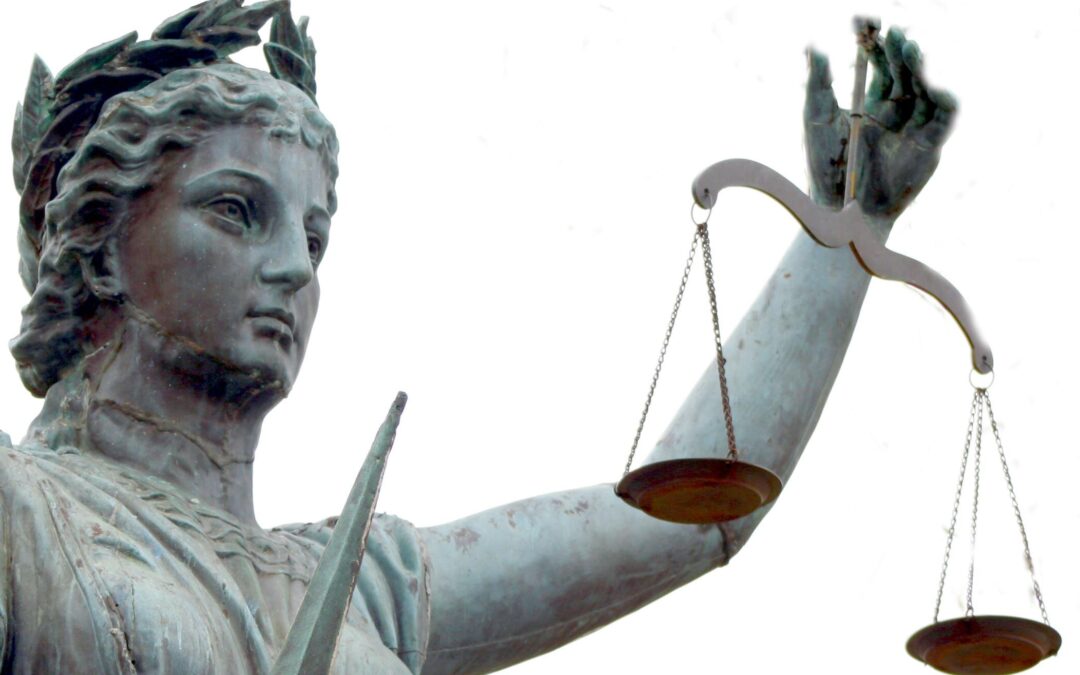
Jun 18, 2014 | News
The ICJ’s Centre for the Independence of Judges and Lawyers (CIJL) has launched the first in a series of Country Profiles, a new online tool on the ICJ’s website.
Profiles on Myanmar, the Russian Federation, South Sudan and Swaziland are being published today.
Tunisia, Venezuela and Honduras will be added in the coming months.
By the end of 2014, all five regions in which the ICJ is active will be represented (Asia-Pacific, Africa, Europe, Latin America, MENA). The CIJL plans to add further countries on an on-going basis, and periodically to update existing profiles.
Each profile summarises information about the independence of judges, lawyers and prosecutors in the country, and assesses the situation against relevant international law and standards.
The profiles aim to provide users, including legal professionals, academics, government officials and human rights defenders, with material in an accessible format which can also be used for further analysis.
The profiles reflect the efforts of the CIJL and other ICJ programmes to monitor the independence and accountability of judges, lawyers and prosecutors in certain countries, particularly those where their independence is threatened or under attack.
Moreover, the profiles provide reference points on the laws and the standards applicable to the independence of judges and lawyers and the administration of justice in each country.
The profiles can be accessed from the ICJ webpage for the Centre for the Independence of Judges and Lawyers.
They are available as an interactive database on the ICJ’s website, and can also be downloaded in PDF format.
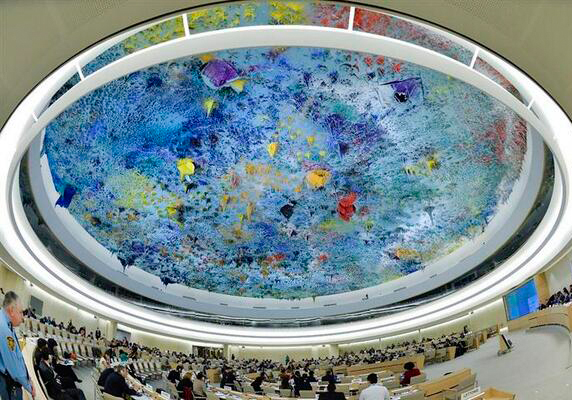
Mar 27, 2014 | News
The UN Human Rights Council resolution to establish an international investigation into allegations of human rights violations and abuses committed by both sides in Sri Lanka’s civil war gives hope to tens of thousands of victims who continue to be denied truth and justice.
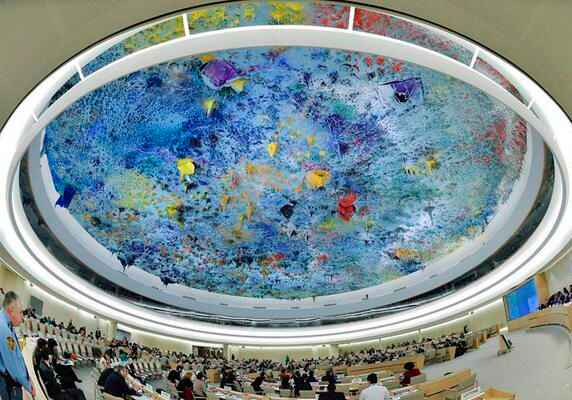
Mar 26, 2014 | Advocacy, Non-legal submissions
The ICJ emphasised the need for an international inquiry to monitor and investigate human rights violations in Sri Lanka, during discussion at the UN Human Rights Council.
The ICJ stated that an international investigation mechanism such as a Commission of Inquiry is needed in part because the Sri Lankan justice system today simply cannot be relied upon to function as an independent and impartial institution.
- The judicial appointment process is subject to political interference.
- Judges and lawyers are subjected to threats and intimidation.
- Security of tenure for the judiciary is not protected by an independent, impartial and fair procedure for the removal or discipline of judges.
The UN High Commissioner for Human Rights has repeatedly expressed concern about “the continuing high levels of harassment and intimidation meted out to human rights defenders, lawyers and journalists”. Further incidents against human rights defenders occurred during the Human Rights Council session itself.
The ICJ urged the Council to establish an international independent and impartial investigation mechanism to give a glimmer of hope to victims and families, that their rights under international law to truth, justice and reparation will ultimately be upheld.
A number of delegations have jointly presented a draft resolution that would establish an international investigation with the backing of the Human Rights Council. A vote on the resolution is expected later in the week.
The full statement can be downloaded in PDF: Advocacy-UN-HRC25-SriLanka-OralStatement-26032014-rev
Video of the discussion of the report, including the ICJ oral statement, is available in the UN webcast archive.
See also:
Briefing note on independence of judges and lawyers in Sri Lanka
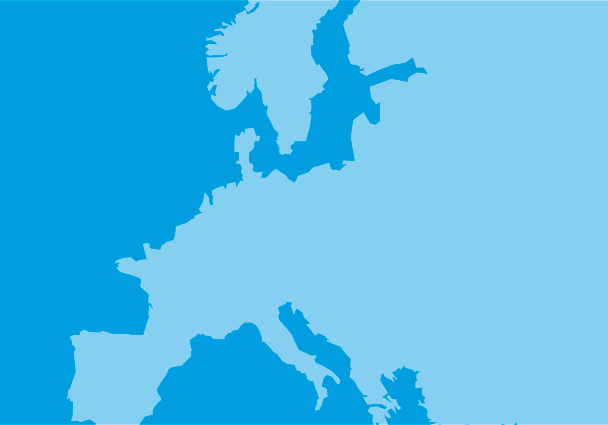
Nov 5, 2013 | News
The ICJ welcomes the release on 1 November of lawyer Zinaida Mukhotorova, from a psychiatric facility in Astana, Kazakhstan.
The lawyer was forcibly detained in the psychiatric facility, the “Medical Centre of the Problems of Psychiatric Health”, for almost three months.
Despite her release, the results of the psychiatric examination were said to be pending.
“While this release is welcome, the ICJ remains concerned that Zinaida Mukhotorova’s detention represented a reprisal for her legitimate exercise of her professional duties as a lawyer, in violation of her right to liberty as well as the UN Basic Principles on the Role of Lawyers,” said Róisín Pillay, Director of the ICJ Europe Regional Programme. “It must now be ensured that Zinaida Mukhotorova can challenge the legality of her detention through fair procedures, and receive appropriate measures of reparation for any violation of her human rights” she added.
Zinaida Mukhtorova was placed in the psychiatric facility on 9 August after she was forcibly taken from her house by several police officers and medical personnel.
Among the reasons given for her detention were her “possibly querulous” and “litigious” activity.
The ICJ previously raised concern that her psychiatric detention was being justified on grounds consisting in the exercise of her legitimate professional functions as a lawyer.
The ICJ continues to monitor the case, including ongoing legal challenges in the Kazakhstan courts to the lawfulness of Zinaida Mukhtorova’s detention in psychiatric facilities on this and another previous occasion.
In this regard, the ICJ calls on the government to ensure fairness of the proceedings challenging her detention.
Contact:
Róisín Pillay, Director, ICJ Europe Programme, roisin.pillay(a)icj.org
Temur Shakirov, Legal Adviser, ICJ Europe Programme, temur.shakirov(a)icj.org
Kazakhstan-Mukhtorova statement-news-webstory-2013-Rus (full text in pdf)









